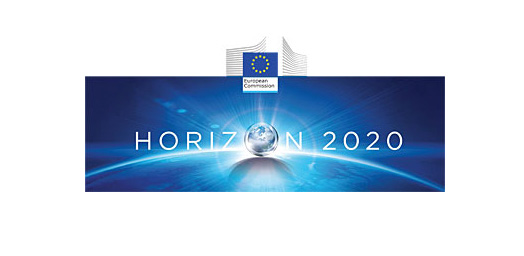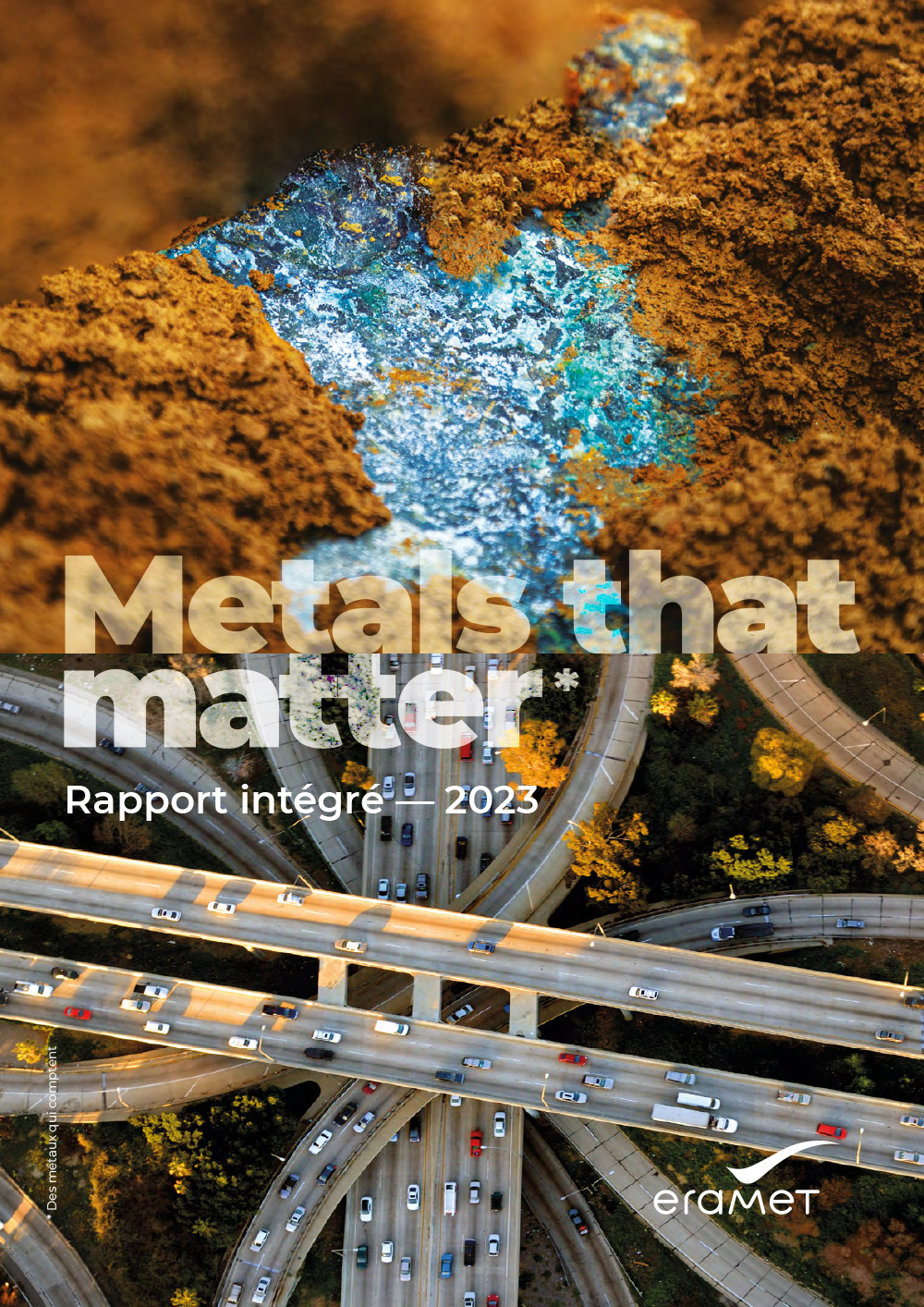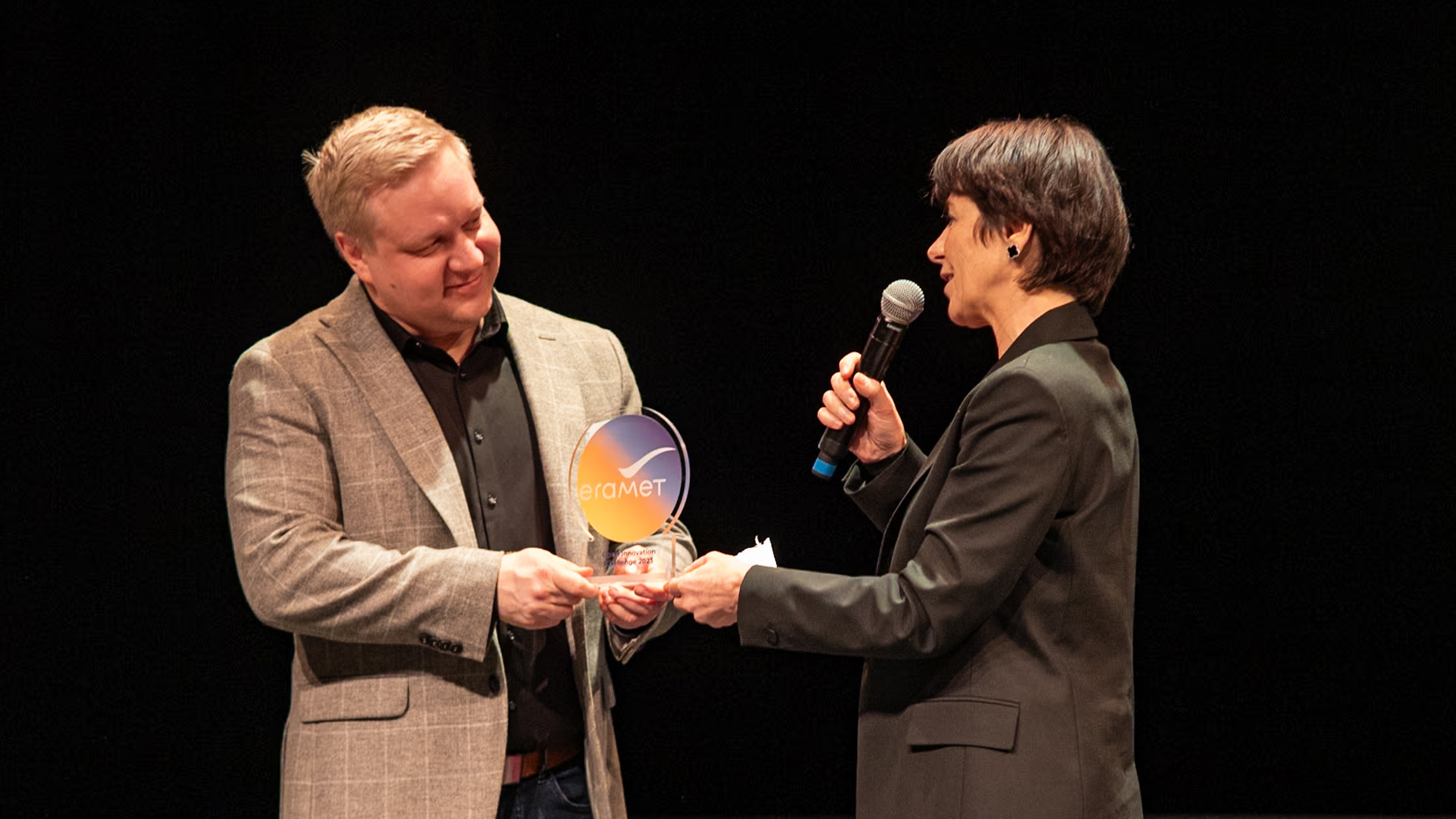After making an active contribution to the European Commission’s work under European Innovation Partnerships, ERAMET answered a call for expressions of interest in the last quarter of 2013. This led to the 7 partnership projects that it coordinates being selected and labelled “EIP-RM” in spring 2014.
EIP-RM, a European Commission initiative
The European Commission set up European Innovation Partnerships under its “Horizon 2020” research & innovation programme. On topics like raw materials (EIP-RM), the initiative brings together representatives of member states, but also institutions, universities and businesses including ERAMET in various workGroupes and a steering committee. Their work resulted in a roadmap putting forward a number of actions on issues including the long-term security of raw material supplies, and support for competitiveness, jobs and growth.
Partnerships to meet the goals of the EIP-RM roadmap
A call for expressions of interest was organised in late 2013 to gather ideas for collaborative projects and partnerships in line with the roadmap’s goals. ERAMET was closely involved: out of the 80 proposals selected, the Groupe put forward seven as coordinator and ten or so as a partner.
EPI-RW label for 7 ERAMET projects
All the projects coordinated by ERAMET were selected by the European Commission in the spring of 2014. They benefit from the EIP-RM label, which will help to obtain European funding.
The projects are as follows:
- E3M: creation of Moanda Mining and Metallurgical School in Gabon to promote local training for the region’s jobs and development.
- Albatross: deep water mining exploration.
- SOLSA: development of new exploration tools combining chemical and mineralogical analyses on site to reduce exploration costs and speed up local decision-making.
- SX-Dev: hydrometallurgical development of new extractive molecules and of digital simulation to improve solvent extraction performances.
- Li-DEP: development of a new technology and a new metallurgical process for extracting and beneficiating lithium, significantly reducing the carbon footprint for lithium production.
- Inbrev: development of an innovative process to extract “critical” metals from a complex, low-grade polymetallic resource.
- NASSCO: production of high-performance stainless steel for landing gear.
These 7 projects bring together private companies, research centres, universities and producers from the European Union, as well as other countries including Gabon and the United States. Just like the projects in which ERAMET is involved, they reflect the Groupe’s positioning across the entire raw materials value chain (exploration, mining, metallurgy, recycling and substitution). More specifically, they illustrate the significant potential for innovation in metallurgy, which is essential to process increasingly complex and lean resources and so optimise their beneficiation.




